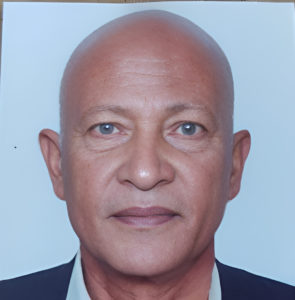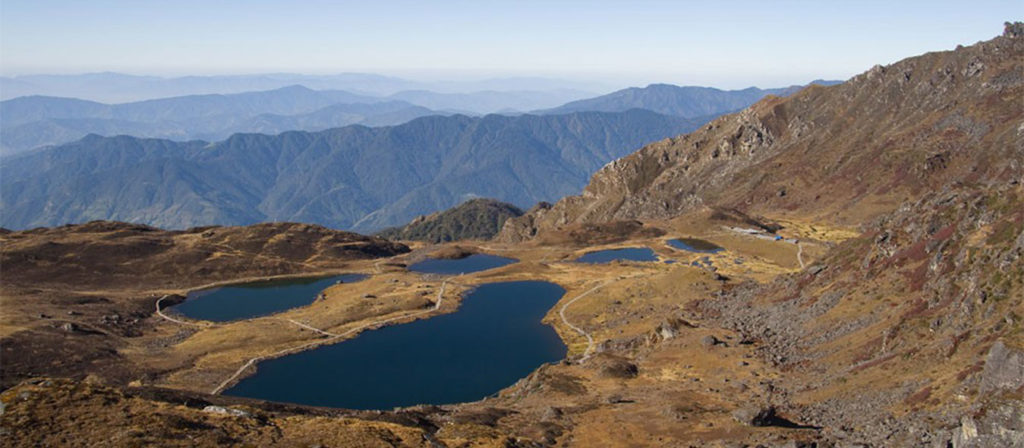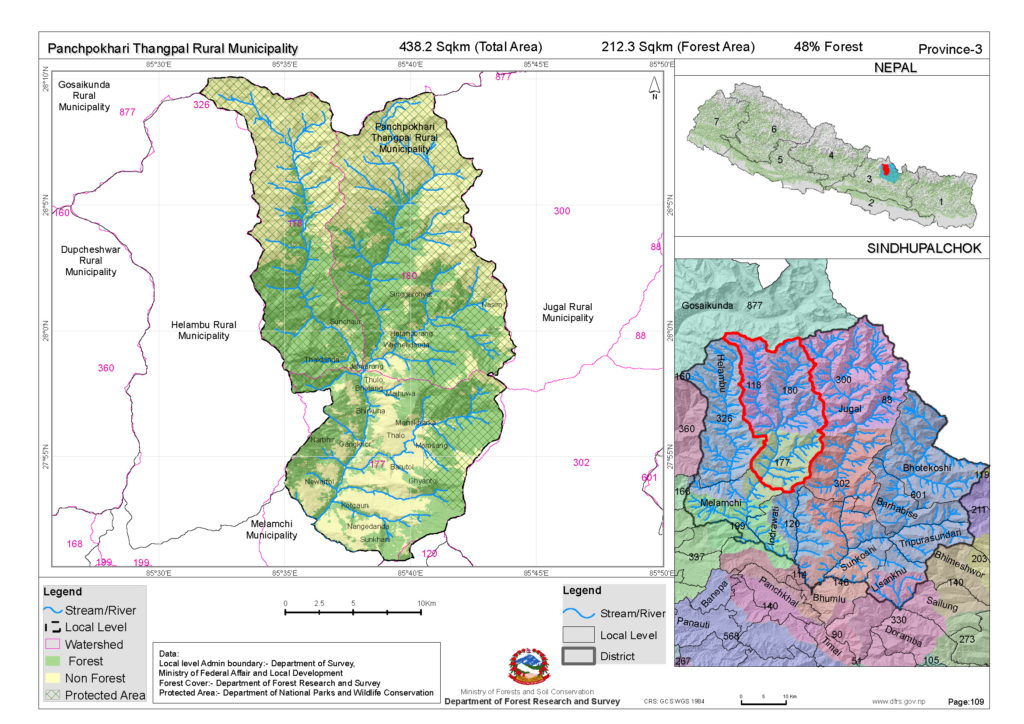GIS mapping plays an important role in improving mountain resiliency in Nepal. It provides a visual representation of the terrain, resources, and infrastructure in a given area. This information is crucial in designing and implementing strategies for mitigating the effects of natural disasters, such as landslides, avalanches, and earthquakes, in mountain regions.
The Nepal government, INGOs, NGOs, and development partners use GIS mapping for various activities to enhance mountain resiliency, including:
- Risk assessment: GIS maps are used to identify areas that are at high risk of natural disasters, and to prioritize them for interventions.
- Planning and response: GIS mapping is used to plan disaster response efforts and allocate resources effectively.
- Monitoring and evaluation: GIS maps can be used to track progress of interventions and monitor the effectiveness of resiliency-building activities.
- Community participation: GIS maps can be used to engage communities in disaster risk reduction activities, such as evacuation planning and preparedness.
- Decision-making: GIS maps can support decision-making processes by providing relevant information to decision-makers, and allowing them to visualize the potential impact of their decisions.
Overall, GIS mapping is a crucial tool for improving mountain resiliency in Nepal, and is used by various stakeholders to enhance disaster risk reduction efforts, promote sustainable development, and ensure the well-being of communities in mountain regions.
Team Members

Ram Thapaliya, PhD
Project Co-Lead
Former Advisor to the Rt Hon Prime Minister and Council of Ministers

Coordinator
Researchers

Ramhari KC (Retd Army Officer)
Researcher, Emergency Logistic Thematic Leader
Institute of Crisis Management Studies (ICMS), Samarpan Academy
Tribhuvan University

Nishan Kumar Aryal
Researcher, GIS and IT Expert
Institute of Crisis Management Studies (ICMS), Samarpan Academy
Tribhuvan University

Isha Karki
Researcher, Graduate
Master’s in Crisis Management Studies
Institute of Crisis Management Studies, Samarpan Academy, Kathmandu

Institute of Crisis Management Studies (ICMS), Samarpan Academy
Tribhuvan University

Institute of Crisis Management Studies (ICMS), Samarpan Academy
Tribhuvan University

Sneha Bhatta
Researcher, Graduate
Master’s of Disaster Risk Management Program
Pulchowk Engineering Campus, Lalitpur

Anish Bhandari
Researcher, Civil Engineer
Master’s of Disaster Risk Management Program
Pulchowk Engineering Campus, Lalitpur

Kapil Sharma
Researcher/ Psychosocial Thematic Leader
Instructor at Institute of Crisis Management (ICMS- Samarpan Academy)
Program Manager and Psychologist at Nepal Institute of Mental Health (NIOMH).
Psychosocial Training Counseling Psychologist as Psychosocial Counselor and Trainer at Pahilo Kadam, Holding Hope and HUDEC Nepal

Tenzin Migmar
Psychosocial Trainer/ Researcher
Mental Health Counselor
Institute of Crisis Management Studies (ICMS), Nepal
Research Area
Panchpokhari

